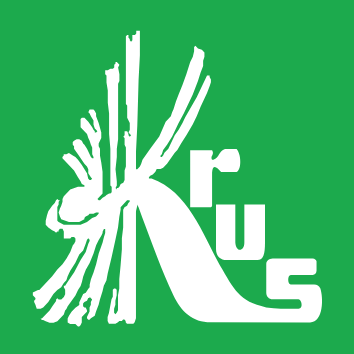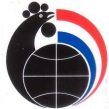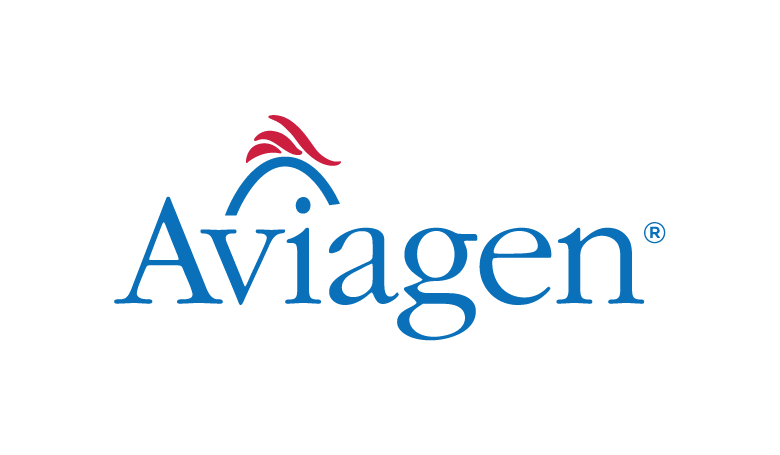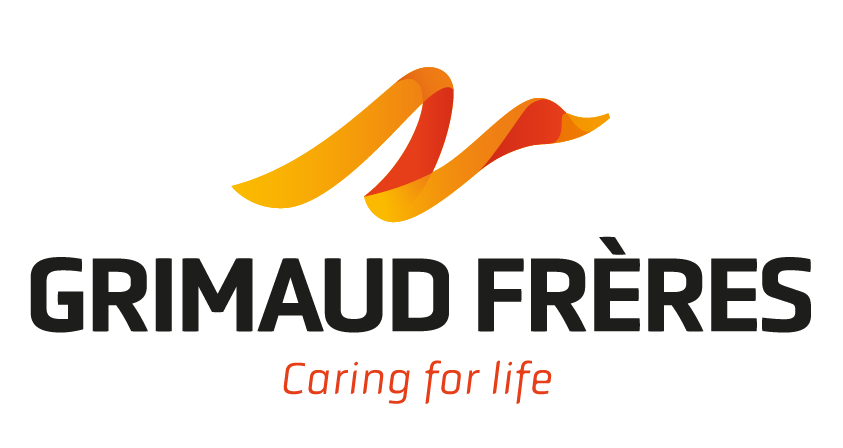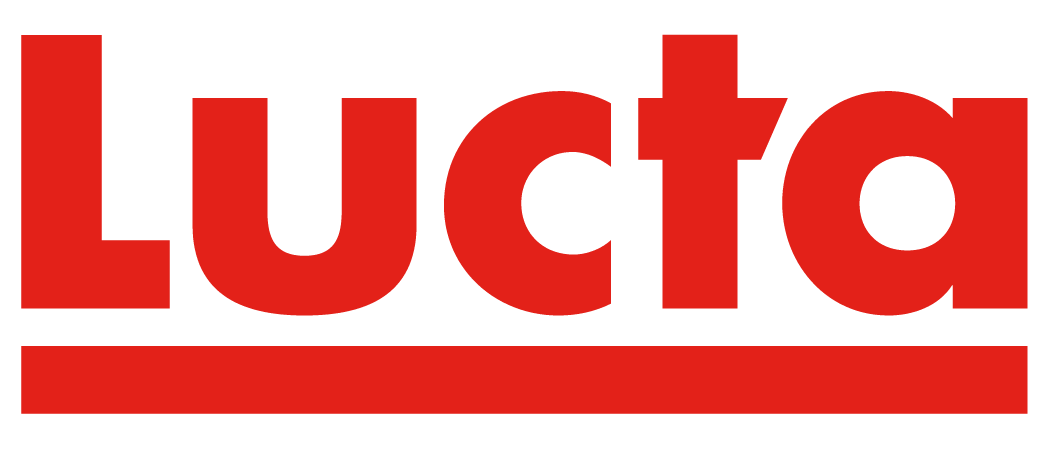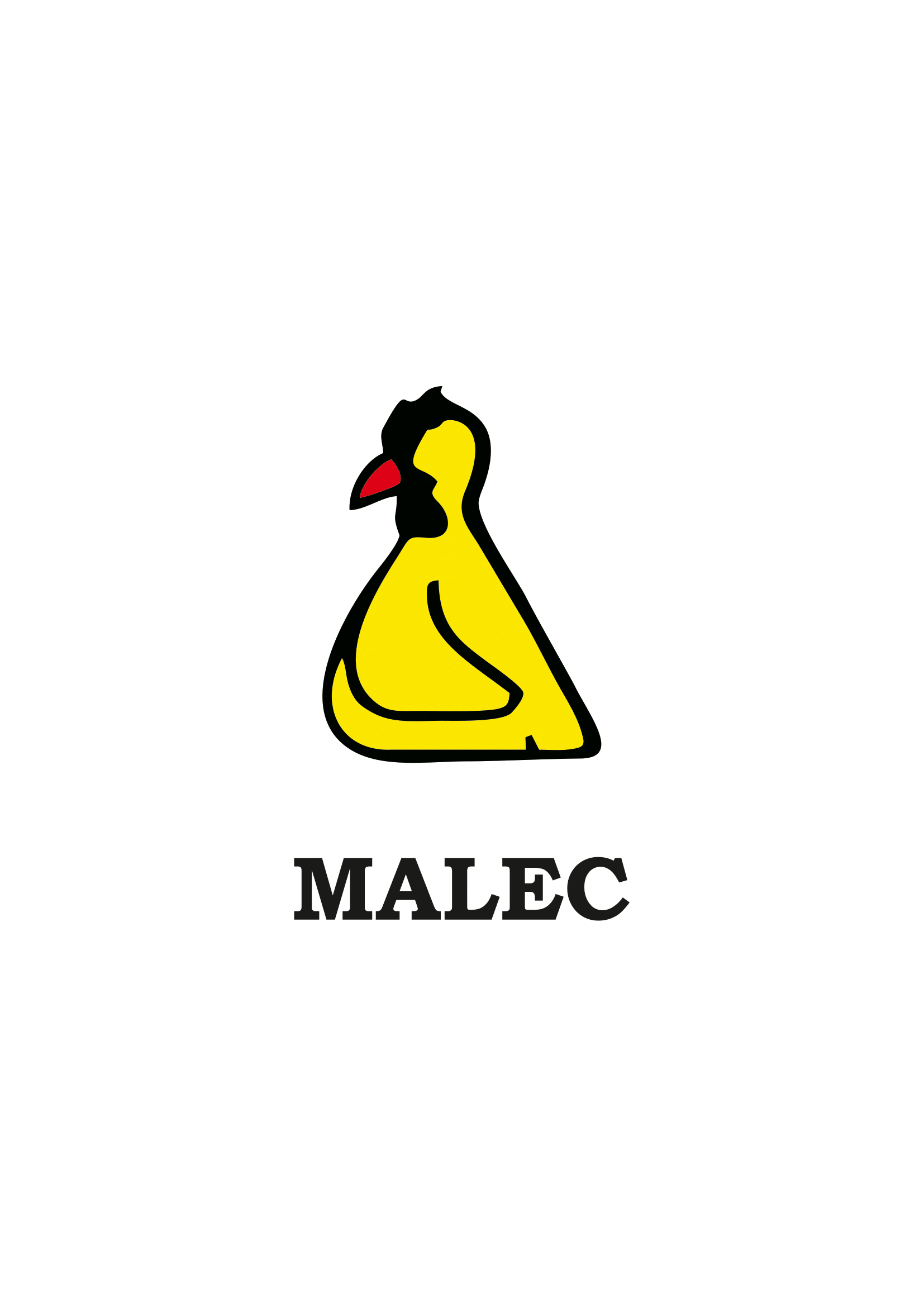Invited Speakers
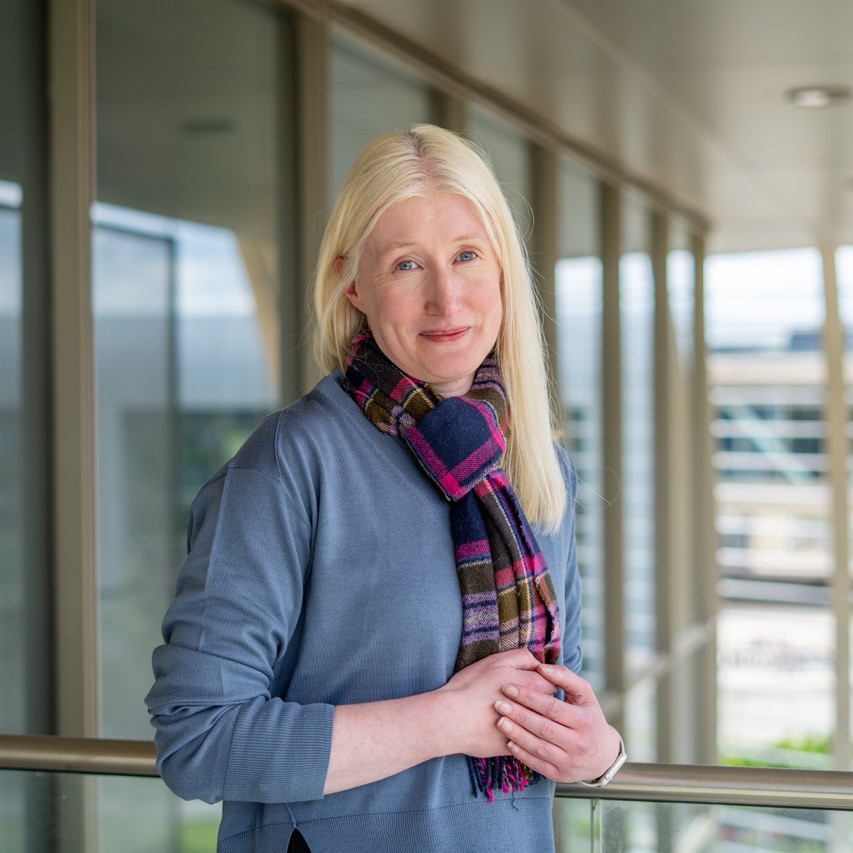
Emily Clark
EMBL’s European Bioinformatics Institute, United Kingdom
Dr. Emily Clark recently moved to EMBL’s European Bioinformatics Institute as a Genome Analysis Team Leader where she oversees teams managing data portals for agriculture and biodiversity, and comparative genomics and genome regulation resources in the Ensembl genome browser. Prior to joining EMBL-EBI she was a research group leader at the Roslin Institute, University of Edinburgh where her research focused on using genomic tools to understand complex traits in farmed animals. She is co-coordinator of the EuroFAANG Research Infrastructure Project and in her talk will focus on the importance of highly annotation genomes as tools to inform farmed animal production, new requirements for data tools and infrastructure and opportunities for community collaboration in the farmed animal genome and phenome space.
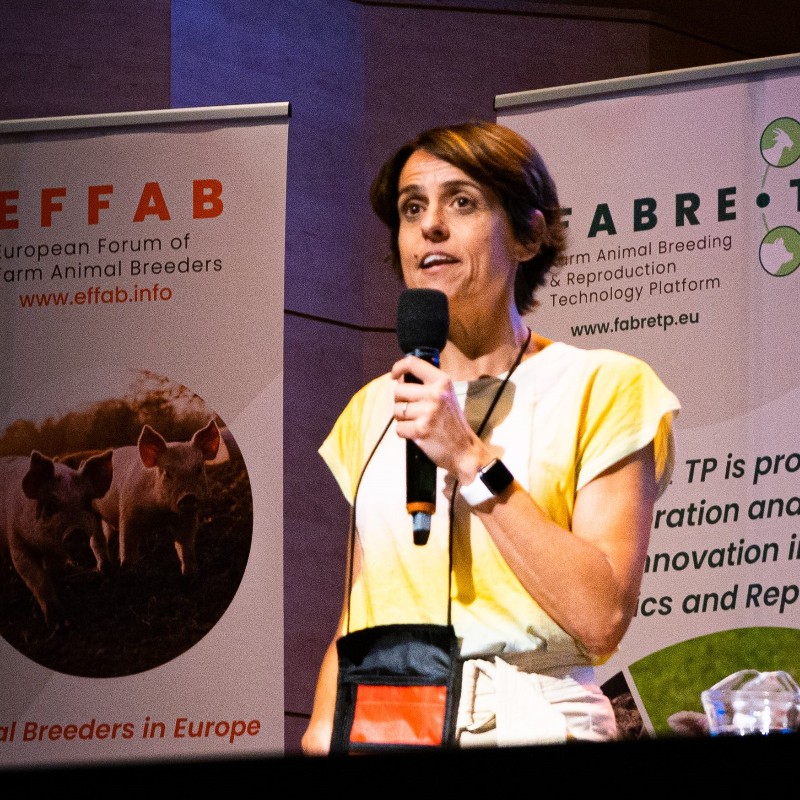
Ana Granados Chapatte
Director of the European Forum of Farm Animal Breeders (EFFAB), Belgium
Miss Ana Granados Chapatte has been working for 25 years on EU animal breeding and farming topics. Ana holds an education from the Polytechnic University of Madrid as an agronomist in Animal Science and has broad experience in EU animal breeding, reproduction, farming and sustainable food production-related policy. Ana started out in the Belgian cattle breeding organization (AWE groupe) as a bull fertility researcher and later coordinated the activities of the semen collection center. Ana has worked in the Wallonian Farmers Union (BE) for 6 years. Since 2018, she is the Director of the European Farm Animals Breeders (EFFAB). In her daily work, she follows and influences political and research issues related to animal health and welfare, animal reproduction, breeding, and the specific issue of new animal genomic techniques. Besides being the director of EFFAB, Ana is also the Secretary General of FABRE TP. FABRE TP plays an essential role in promoting research and innovation in animal genetics and reproduction. FABRE TP is also involved in policy related to research and innovation and addressing demands from the sector to the EC. Ana is also one of the vice presidents of the Animal Task Force which is a private-public partnership promoting EU research in the livestock sector at the EU level and also in collaboration with other organizations like FAO.
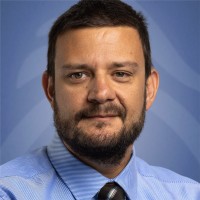
Andreas Kranis
Director of Genetics at Aviagen, Scotland, United Kingdom
Mr. Andreas Kranis holds a PhD in Quantitative Genetics from the University of Edinburgh. He joined Aviagen in 2007 and currently serves as the Director of Genetics. In this capacity, he oversees the Genetic Evaluations and the provision of breeding values for both chicken and turkey breeding programs. Furthermore, he is responsible for leading advancements in genomics analytical methods, bioinformatics, and guiding the research and implementation of novel methodologies such as artificial intelligence. He received an Industry Fellowship from the Royal Society in 2013 and held the position of Principal Investigator in Quantitative Genetics & Genomics of Livestock at the Roslin Institute, University of Edinburgh, UK.
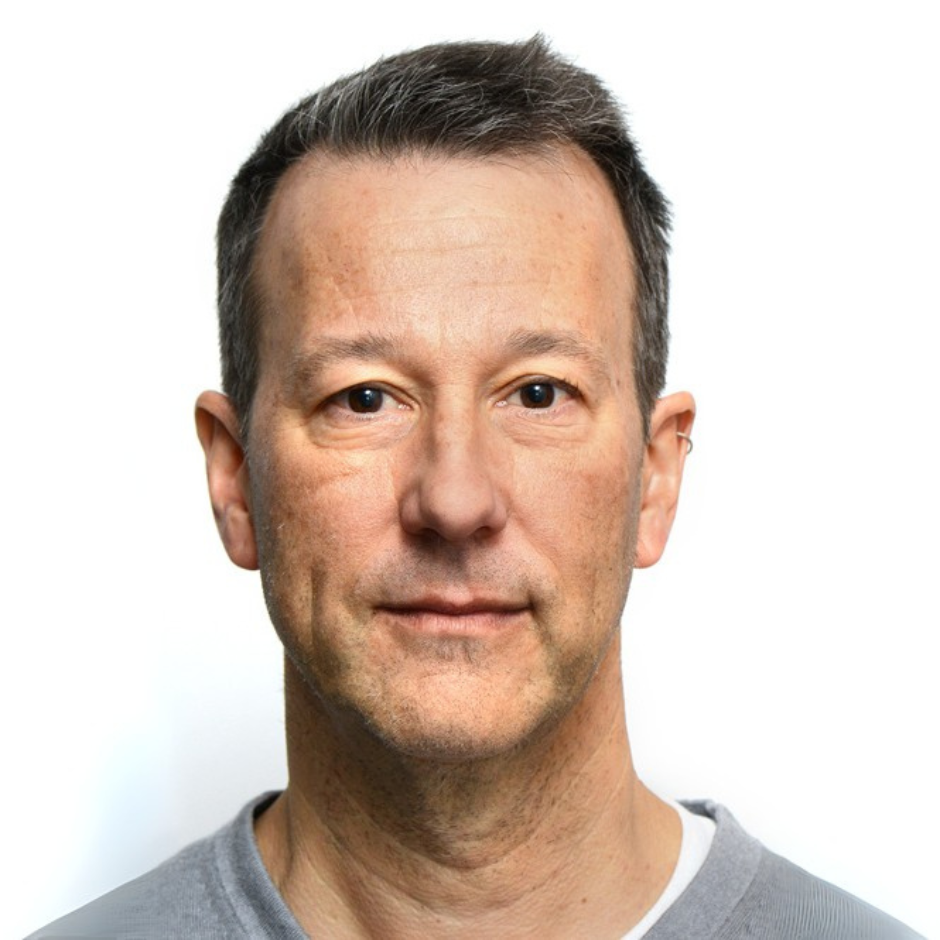
Mike McGrew
University of Edinburgh, United Kingdom
Dr. Mike McGrew is a professor at the Roslin Institute, part of the Royal Dick School of Veterinary Studies at the University of Edinburgh, United Kingdom. Dr McGrew first earned a Bachelor of Science degree from the University of Minnesota (Saint Paul) followed by a PhD in Biochemistry from Boston University Medical School. He carried out postdoctoral training at the IBDM, Marseille France and at the Roslin Institute, Scotland and was awarded a Chair in Avian Reproductive Technologies at the University of Edinburgh in 2021. The McGrew laboratory at the Roslin Institute studies a special stem cell, the germ cell, which produces the sperm and eggs. These cells can be used to generate genome edited chickens, chicken which contain precise genetic changes in their genome. They use this system to investigate susceptibility to avian influenza infection, sex skewing of chicken, and novel ways to preserve both chicken breeds and avian wildlife.

Katarzyna Połtowicz
National Research Institute of Animal Production, Poland
Prof. Katarzyna Połtowicz is an Associate Professor in the National Research Institute of Animal Production in Krakow, at the Department of Poultry Breeding. Her research activities involve many aspects of poultry breeding and management. Her key research interest focused on genetic and non-genetic factors affecting the quality of poultry products. In her previous scientific work, she focused on the possibilities and methods of modifying the physicochemical and health-promoting properties of eggs and meat obtained from modern, fast-growing and high-productive birds in conventional and alternative housing systems, as well as the use of native poultry breeds for egg and meat production. She has also conducted the study on using of natural antibacterial preparations in poultry management and providing antibiotic-free production Professor Katarzyna Połtowicz has been active in research on the meat quality of native slow- growing chicken breeds, as well as has been worked on crossbreeding and evaluating new genetic varieties of chickens developed with native populations. Much of her research attention focuses on meat defects and of the negative effects of intensive selection on the physicochemical properties of meat in fast-growing broilers lines. Currently, she also involved in the health and welfare in poultry. Professor Katarzyna Połtowicz is a member of Working Group on Poultry Genetic Resources and of Polish Society of Animal Production (PTZ).
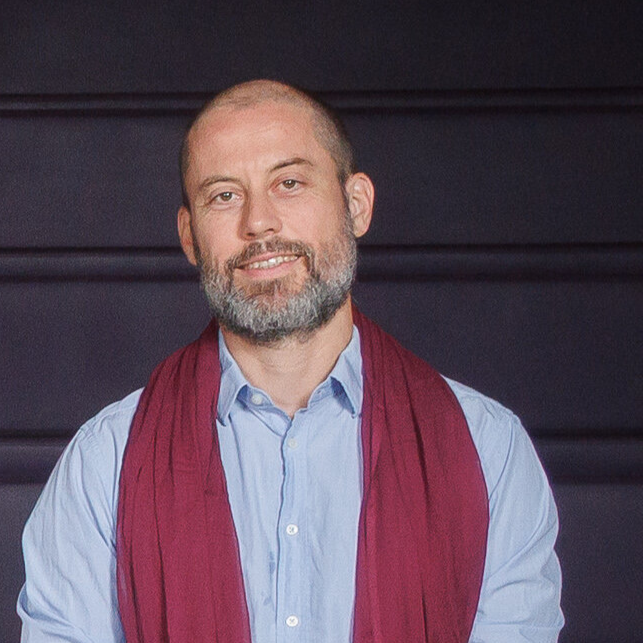
Gwendal Restoux
INRAE, AgroParisTech, Université Paris-Saclay, Paris, France
Dr. Gwendal RESTOUX is a population geneticist working on the genetic diversity and its structure in multiple species. He is now mainly focused on the management of animal genetic resources and their use in the frame of agroecological transition with a strong interest for local breeds. He is integrating population and quantitative genetics and more recently social sciences approaches into his research in order to make the link between academic and applied sciences.
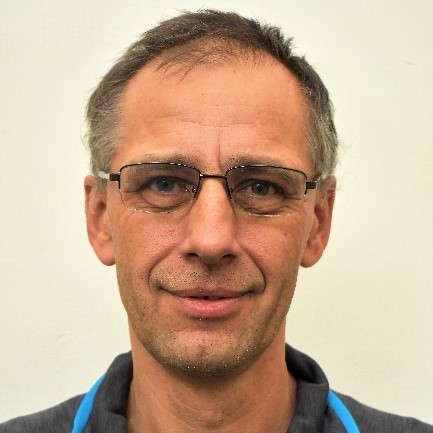
Ivan Rychlik
Veterinary University, Brno, Czech Republic
Prof. Dr. Ivan Rychlik is a leader of Salmonella research group at the Veterinary Research Institute in Brno, Czech Republic and professor at the Veterinary University, Brno, Czech Republic. His group consists of 10 members and main research interests include characterisation of chicken and pig gut microbiota with special emphasis on the identification of chicken gut microbiota members restricting Salmonella and Campylobacter colonisation and pig microbiota members increasing piglet resistance to Clostridium perfringens. Prof. Rychlik also acts as editor of journals Microbiome and Animal Microbiome. Based on his research, he and his groups introduced a new probiotic product QuoCNA intended for use in newly hatched chicks. The product consists of a defined mixture of 9 different strict gut anaerobes and is commercially available in the Czech Republic since 2024.
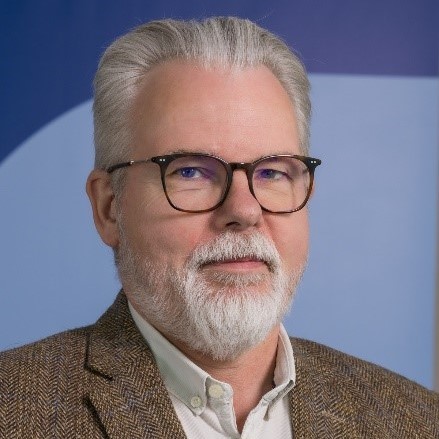
Klaus Wimmers
Research Institute for Farm Animal Biology, Dummerstorf, Germany
Prof. Dr. Klaus Wimmers is an expert in the physiological, genetic, and epigenetic mechanisms underlying trait expression and differentiation, with a particular focus on animal welfare, resilience and resource efficiency. As Director of the Research Institute for Farm Animal Biology (FBN) and Professor at the University of Rostock, he leads a research team dedicated to these areas. He is also actively involved in the Functional Annotation of Animal Genomes (FAANG) initiative, contributing to genome annotation projects in pigs and chickens.
.jpg)
Anna Wolc
Iowa State University, USA
Dr. hab. Anna Wolc is an Affiliate Assistant Professor in Animal Breeding and Genetics Group, Department of Animal Science, Iowa State University (Ames, Iowa, USA) and a Genomic Geneticist at Hy-Line Int., which is one of the largest primary breeders for layers in the world. Her research is focused mainly on genomic prediction, identification of genomic regions associated with traits of interest and optimization of breeding programs in poultry. Based on the results she has co-authored over 140 peer-reviewed publications. Dr. Wolc received several awards, including a Scholarship from the Foundation for Polish Science START, American Egg Board Research Award (2018, 2024).
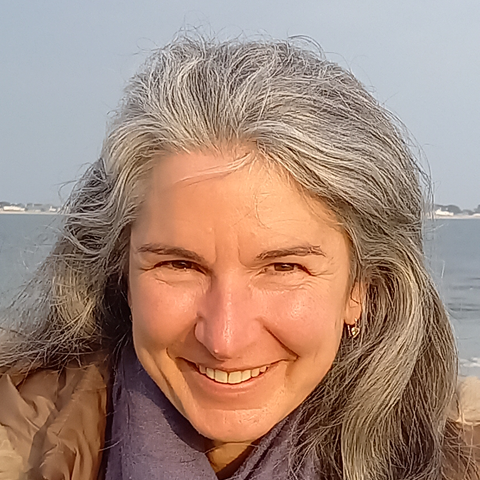
Tatiana Zerjal
INRAE, French National Research Institute for Agriculture, France
Dr. Tatiana Zerjal graduated in Biology at the University of Trieste, Italy and obtained her PhD in Human Evolutionary Genetics at the University of Oxford, UK. Since 2009, she has been working at INRAE on avian genomics, focusing on understanding the genetic control of feed efficiency through genomic and quantitative genetic approaches. Her research also aims to improve knowledge on how laying hens adapt to abiotic stresses with a particular focus on heat and suboptimal feed, by integrating cutting-edge transcriptomics and metabolomics with a broad range of physiological, production, and quality traits. She has participated in several research projects as a coordinator or work package leader, collaborating with both academic and industry partners. She is currently co-coordinator, with Frédérique Pitel, of the European H2020 project GEroNIMO.
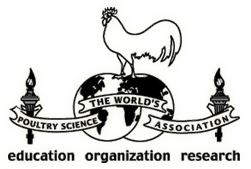
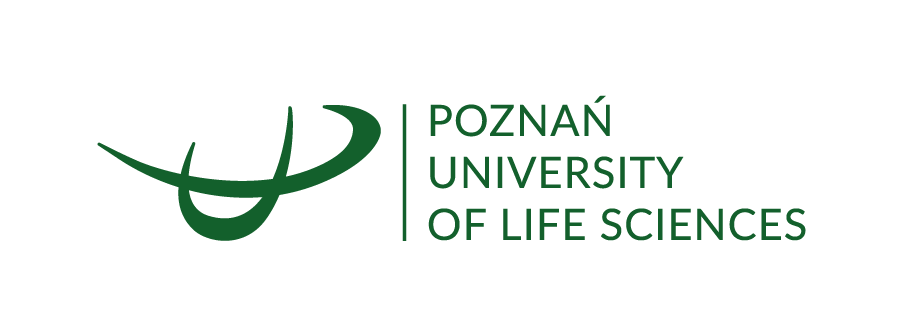
.png)


